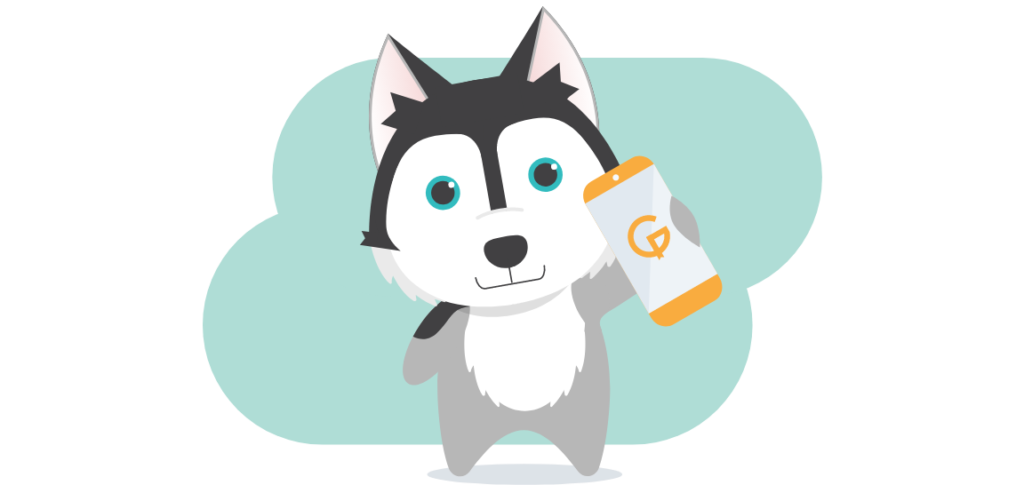As your business grows, so do its risks, making it crucial to ensure your business insurance fundamentals are solid. While your risk advisors may have mentioned business insurance and you’ve purchased policies, has anyone ever broken down the basics in plain language? Below are key policies every business should review and consider based on its specific needs. So, your remote or hybrid small business is prepared for the next step without missing a beat.
General Liability Insurance
Compared to other types of insurance, general liability insurance is the most familiar to business owners. General liability is a foundational policy and the minimum any business should consider. As its name suggests, this insurance coverage provides general protection against the common risks that nearly any business may encounter when engaging with the public and their clients. This type of coverage typically focuses around the risks and expenses related to the bodily injuries and property damage of others.
Business Owner’s Insurance
If your business is like most and has a remote or hybrid footprint, it has additional risk factors, especially when it:
- Employs multiple people, especially across state lines
- Has invested in computers and other business equipment for those employees
- Owns the building the business operates in
Owners of these more complex businesses may be wise to pursue coverage that mitigates this wider risk. In fact, many general liability policies lack the property protections that your business needs.
These businesses might consider a business owner’s policy, commonly referred to as a “BOP.” A BOP is a combination coverage. It provides general liability policy offerings, with additional property protections. The additional property protections in a BOP mainly focus on protecting your business’ property, moving beyond the typical coverage of a general liability policy.
Worker’s Compensation Insurance
At this point, you’ve taken the time to understand the coverage required to protect both others and your business property. You may now be asking how your employees or even your LLC’s members will be covered.
This brings us to worker’s compensation insurance. Workers’ compensation insurance provides benefits to your employees if an injury or illness occurs in the course of employment.
You might also wonder whether worker’s compensation insurance is required by law. Unsurprisingly, the answer is, “It depends.”
The world of worker’s compensation is a vast array of state regulatory requirements which trigger based on several factors, such as your company’s legal structure, number of employees, and industry. Like any other state compliance requirements, worker’s compensation rules (and your business’s situation) are subject to change.
Despite the inherent complexity of worker’s compensation laws, businesses should always at least consider coverage, even if the only people working for your business are LLC members.
Ultimately, the law may not require your business to purchase this type of insurance. But, you should actively analyze your compliance risks and obligations.
Professional Liability Insurance
Finally, if the expertise and skill of you and your employees is your business, you may want to consider professional liability coverage, otherwise known as an E&O policy. Professional liability coverage protects you against the specialized exposures of the services provided by your business.
Professional liability insurance protects you and your business against claims of errors, omissions, or misrepresentation. A professional liability policy may provide protections not only in drastic scenarios, such as lawsuits arising out allegations of discriminatory behavior, but also, from the risks of errors associated with the administration of grant monies or endowments.
The coverages outlined above are just the highlights of business insurance. Your particular company may need additional other insurance options to protect your day-to-day operations and safeguard you from catastrophic risks.
Gild Insurance is here to help protect what you’ve built and support what comes next. Schedule a call or get a quote online today.





